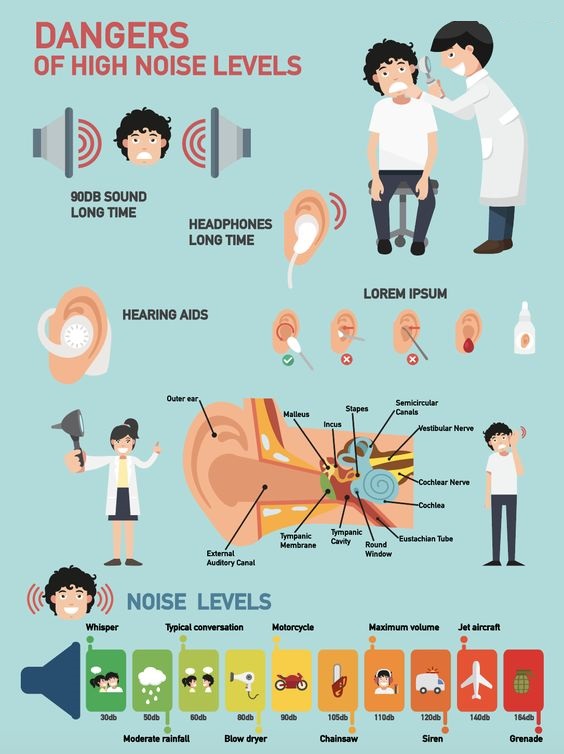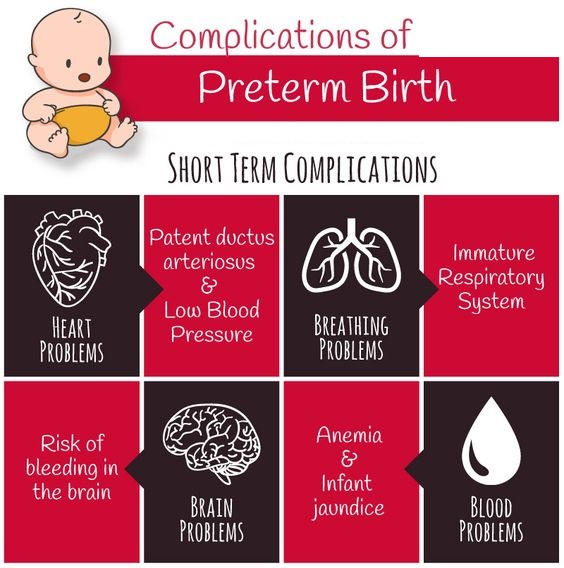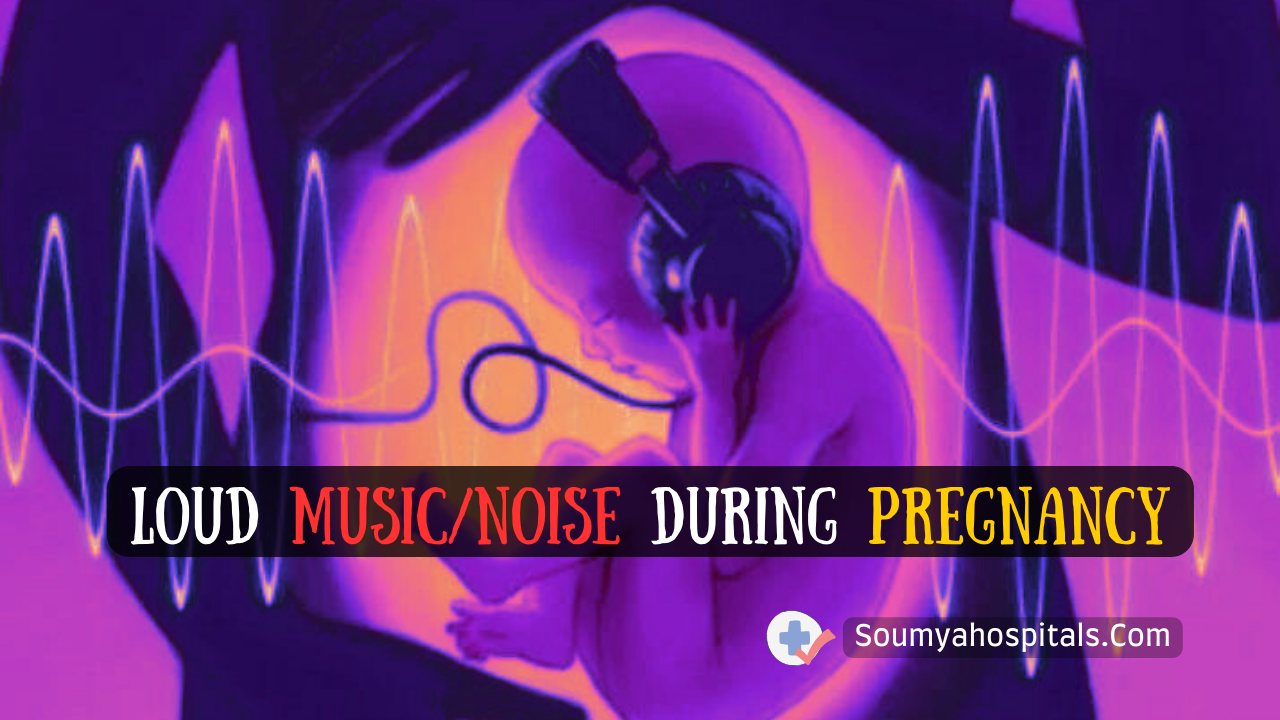With the big news of pregnancy, comes the big list of dos and don’ts you need to embrace for the upcoming 9 months. While your food intake directly impacts your baby’s growth, there are various other external factors which determine your baby’s well being. Sound is one of them. Soft music soothes the baby and the mother equally and has a calming effect. However, various studies conducted on the impact of loud noises on the fetus inside the womb reveal that loud noises during pregnancy can harm the unborn baby.
Also Check: 7 Natural Remedies To Fight Depression During Pregnancy
1. Affects Baby’s Hearing
A normal human adult ear can bear up to 85 decibels of sound without causing a harm to the eardrums. Any sound above this level is considered loud and noisy. Though one can hear up to 140 decibels, it is extremely painful and can cause permanent damage to the eardrums.
By 24 weeks of pregnancy, the baby’s inner, middle, and outer ear are fully developed and it can hear everything you hear. However, sounds of higher frequencies are muffled (reduced in frequency) due to the surrounding amniotic fluid, uterus, and the muscles around your abdominal area. While occasional exposure to loud noises doesn’t affect its hearing, research indicates that constant loud noises do have a negative impact.
Exposure to more than 85 decibels of sound up to 8 hours a day – which is ideally in a workshop or factory with heavy machinery producing a loud noise, reduces the hearing ability of the baby. Loud concerts produce between 110 and 120 decibels of noise and exposure to the same, for more than an hour, has similar effects.
2. Startles The Baby
Sudden loud noises that require you to use ear plugs startle the baby. This is prominent when the mother stays close to the airport or hears a siren many times a day. This can be observed by the sudden increase in the fetal movements few minutes after its exposed to the noise.
3. Induces Stress
Studies were conducted on rhesus monkeys to identify the impact of loud noise on their fetus. Consistent exposure showed an exponential increase in the levels of cortisol and corticotropin in the fetus. These are the hormones released during stress. Unexposed monkey fetus didn’t show any signs of these hormones. Few cases of abnormal social behavior were also reported. Similar results were seen in rats as well.
A human fetus study at this stage, however, didn’t show a change in the hormonal or blood composition. But, maternal lactogen levels were considerably reduced.

4. May Cause Fetal Abnormalities
Chronic noise exposure during pregnancy develops stress and hypertension in the mother, which directly impact the fetus. Research indicates the development of congenital abnormalities in such fetuses. They have a compromised motor activity and motor maturity. Apart from being slow learners, they also develop high cortisol levels during weaning.
Low birth weight is another negative impact of exposure to loud noises.
5. Increases Risk Of Preterm Birth
Various studies were conducted to study the impact of loud noises on the gestation period of the mother. While few studies showed a marked reduction in the gestation phase to 37 weeks, as against the normal 40 weeks, some studies were inconclusive. Research in this regard is still in progress.

6. Changes The Fetal Brain Structure
Listening to discordant or unmelodious music during pregnancy has shown a significant change in the fetal brain structure. This is the result of a study conducted on animals and similar impact on human fetus is anticipated.
While thorough and conclusive studies on the side effect of loud noises on the human fetus are still in progress, currently available data strongly emphasizes on its negative effects. Therefore, turn down the volume of your car radio and drop that plan of going to a rock concert during pregnancy.
Read More Posts:
